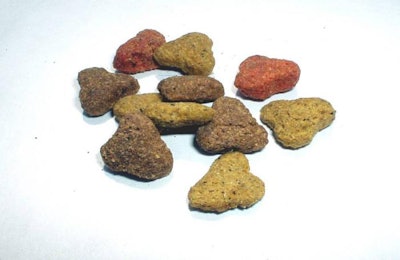
From Petfood Industry:
The trend of humanization in pet food was gaining steam in 2012, and it hasn’t slowed down since.
Back then, organic, USA-sourced, gluten-free and vegan foods were emerging from the fringes of human foods once thought to be too expensive and too hard to find. Many pet food companies – then and now – are focusing on functional foods for dogs, using prebiotics, probiotics and synbiotics to mirror human health food trends and to improve the well-being of the pet.
The recent push of popularity for these foods should come as no surprise. Health and how what we eat affects our health are at the forefront of the human food movement, so an emphasis on nutrigenomics, novel ingredients and holistic methods has been the answer pet food manufacturers have served up to the 'But is it healthy?' call.
Accelerated by millennials, the humanization of companion animals is becoming more prominent. As a result, many of the top human food trends have found their way into the pet food market -- particularly those that focus on the health and wellness of our furry family members.
According to a recent study by Euromonitor International, millennials tend to humanize pets more than other generations and are more willing to spend more money on higher-quality food and human-grade products. So, the trend of pet food humanization looks like it could be here to stay.
How to: Apply human food trends to petfood
The field of pet nutrition has become more science-based than ever, according to the Veterinary Practice News article Pet Food Nutrition Mimics Human Health Trends. Large petfood companies are using scientific research to provide petfood options to consumers that claim to prevent or combat common health problems such as kidney disease, arthritis and cancer.













